

Remembering War the American Way
By G. Kurt Piehler
By G. Kurt Piehler
By G. Kurt Piehler
By G. Kurt Piehler
Category: Military History | World History | Arts & Entertainment
Category: Military History | World History | Arts & Entertainment

-
$16.95
May 17, 2004 | ISBN 9781588341457
-
Oct 28, 2014 | ISBN 9781588344519
YOU MAY ALSO LIKE
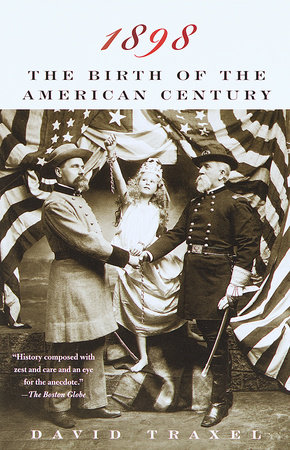
1898
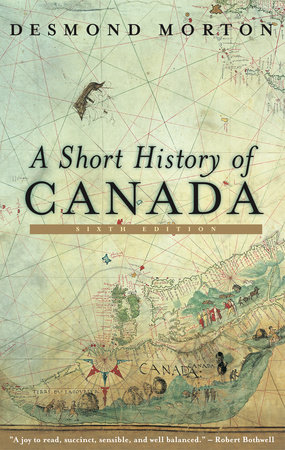
A Short History of Canada
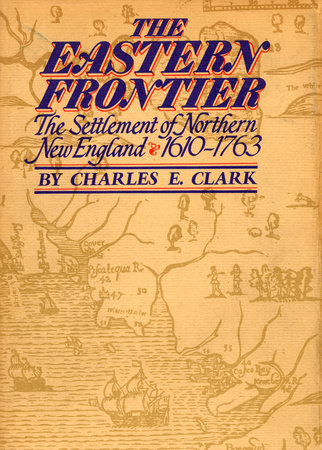
The Eastern Frontier

Ethical Oil
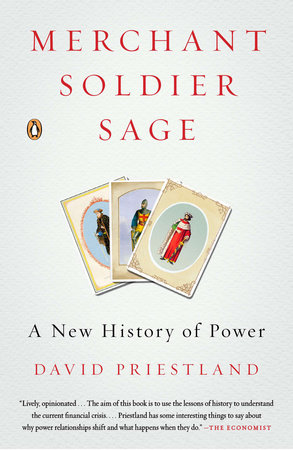
Merchant, Soldier, Sage
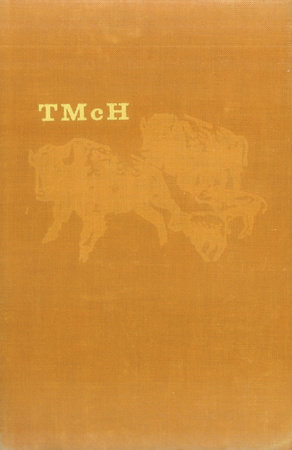
The Time Of The Buffalo

Amoskeag

The Battle for Ireland
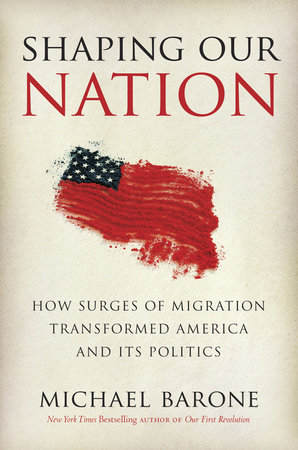
Shaping Our Nation
Praise
“A sprightly, informative, insightful, and compelling tale of how we honor those men and women who have made the ultimate sacrifice. Kurt Piehler blends politics, memory, culture, regionalism, race, and religion into a fascinating mix. Recommended without reservation.”—Stephen E. Ambrose, author of D-Day: June 6, 1944 and Band of Brothers
“The accounts of the social and political disagreements over the purpose and form of public remembrance synthesize a great deal of heretofore scattered or inaccessible information.”—Library Journal
“An important addition to the growing body of literature on the construction and function of the memory of war.”—Journal of American History
21 Books You’ve Been Meaning to Read
Just for joining you’ll get personalized recommendations on your dashboard daily and features only for members.
Find Out More Join Now Sign In










